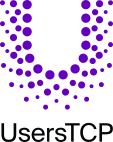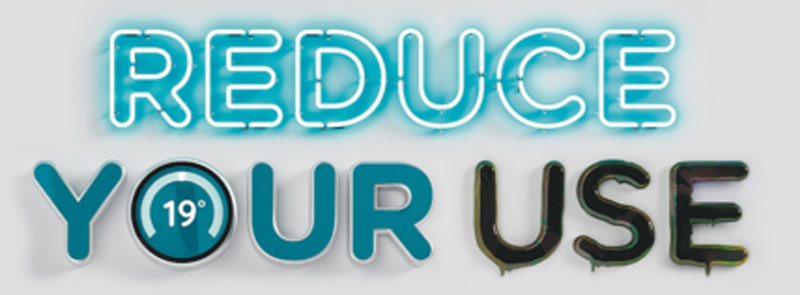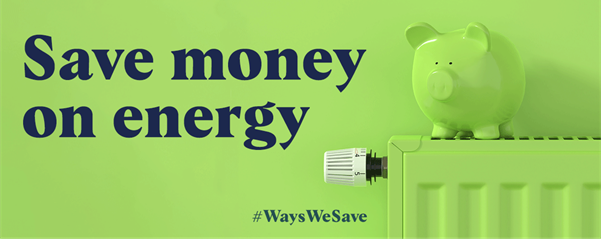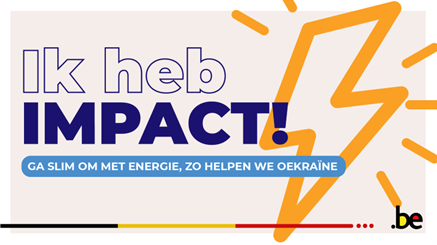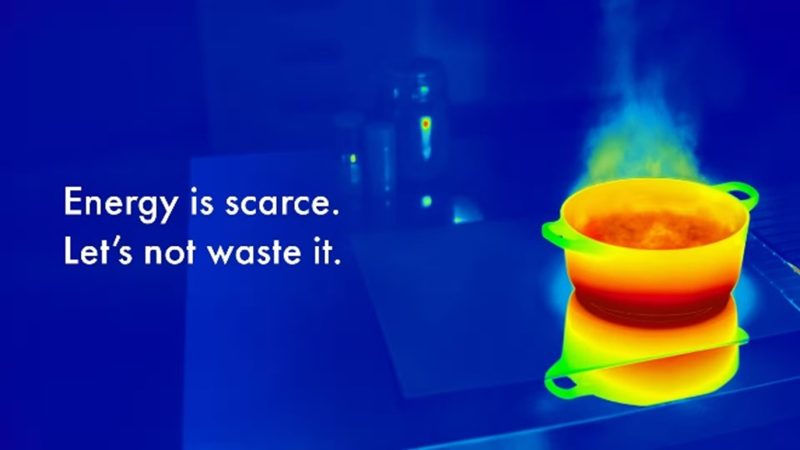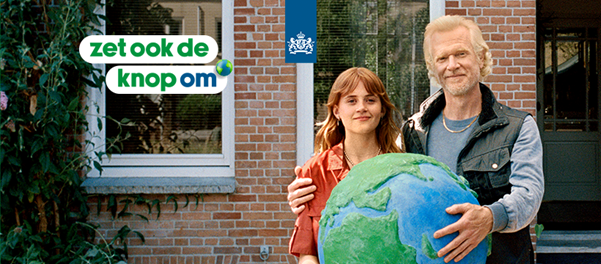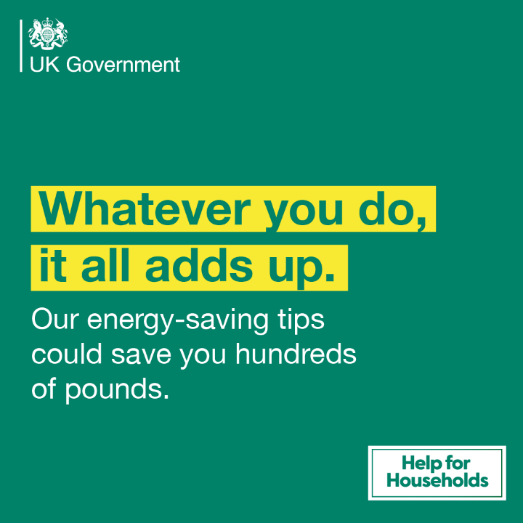CampaignXchange Task

Synopsis
The CampaignXchange Task aims to:
- Create a collaborative community of practice
- Facilitate informal knowledge sharing and exchange of experiences among countries
- Collect campaign case studies
- Develop a policy guidance for campaign design and evaluation based on examples from different contexts
- Identify potential areas for future research, analysis, and collaboration
Overview
Task Duration:
1 June 2023 – 31 May 2024
Participating Countries:
Australia, Belgium, Canada, Finland, Ireland, Netherlands, Sweden, Switzerland, United Kingdom
Task Leaders:
International Energy Agency, Energy Efficiency Division
Contact:
For more information on the Task, please contact:
Emma Mooney, IEA: Emma.Mooney@iea.org
Latest From CampaignXchange
New Policy Brief from CampaignXchange Task
With the conclusion of the work program of the CampaignXchange Task, the Task has published a new Policy Brief highlighting key findings and lessons learnt.
New CampaignXchange Task coordinated by IEA Secretariat
Our new CampaignXchange Task has commenced, coordinated by the IEA Secretariat, designed to support countries running energy savings campaigns.
CampaignXchange Publications
Policy Brief – Emerging Best Practices for Campaign Design and Implementation
The CampaignXchange Task fostered knowledge sharing among governments, collected campaign results and data and identified best practices for future public campaign design and implementation.
The Task emerged from the collective interest of policymakers to assess the outcomes and features of behavioural interventions in response to the 2022 energy crisis.
CampaignXchange Task: Emerging Best Practices Brief
This overview paper summarises best practices that governments have reported throughout design, implementation and tracking of energy-saving campaigns. The insights are drawn from the information provided by the Task Participants, interviews with policy makers, campaign outcomes shared with the IEA and other relevant data.
Subtasks & Deliverables
Overview
The Task emerged from the collective interest of policymakers to assess the outcomes and features of behavioural interventions in response to the 2022 energy crisis. Task Participants are also keen to evaluate how multiple objectives can simultaneously be addressed by public campaigns including reduction of energy demand, cost of living support, citizen engagement for the clean energy transition.
This Task is strongly aligned with the UsersTCP’s objective for 2020-2025, which is to provide evidence from socio-technical research on the design, social acceptance and usability of clean energy technologies to inform policy making for clean, efficient and secure energy transitions. It will directly inform policy making, involving policy makers in the knowledge transfer programme throughout. Additionally, it will aim to establish a network of policy makers with expertise in campaign design and implementation. Finally, it will dovetail the IEA’s work on behavioural change more broadly, increasing the potential pool of participants and reaching a wider audience beyond the core participants.
Overview
In response to the energy crisis in 2022, triggered by Russia’s invasion of Ukraine, governments across the world needed to act quickly to: reduce energy use across society; pre-empt supply shortages and increase energy affordability at the individual level. One lever used to help achieve these goals was the use of behavioural campaigns. The campaigns launched during this time drew on existing experience of the keys to the success of campaigns, such as designing a targeted, relatable, actionable message, using impactful visuals and social media to get the message across effectively, and capitalising on behavioural insights such as real-time user information or demand-response programs to involve the consumer in shifting peak-load demand.
However, questions remained in terms of establishing the impact and effectiveness of the campaigns, and if they could result in long-term behavioural change. The aim of this Task is to work closely with governments to analyse the campaigns already carried out, in both qualitative and quantitative manners, where possible. The collective findings will then be shared to assist in the development and implementation of more effective energy saving campaigns in the short term, and to feed into behavioural change strategy in the longer term.
Overview
The Task aims to foster knowledge sharing among governments, collect campaign results and data and identify best practices for future public campaign design and implementation. CampaignXchange will provide a platform to create a shared understanding of public energy efficiency behavioural awareness campaigns, as well as assess and enhance campaign effectiveness in the future through workshops, comparative case study exercises and broader analyses of global practices.
Overview
The Task‘s duration is of twelve months, starting from June 2023 until June 2024. A series of outputs will be delivered during this period to support governments in designing, implementing and assessing the next round of campaigns and programmes, including:
- Two thematic workshops
- Brief on best practices for campaign design
- Case study library on energy saving campaigns
